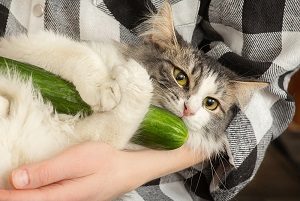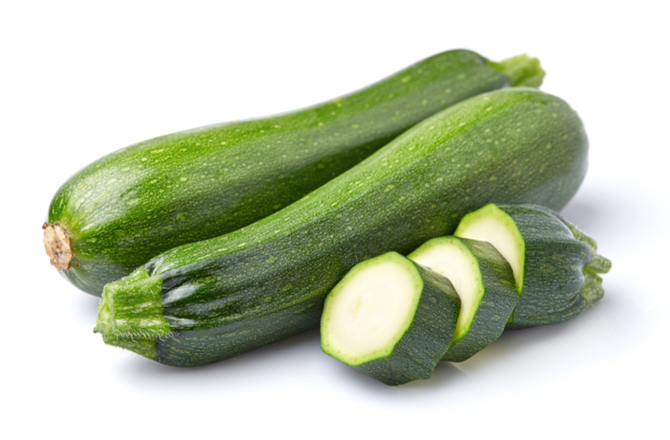If you are a cat owner, there is one thing you know by now is that you know nothing about your cats! Cats are perhaps one of the most mysterious beings to roam this planet. These incredibly cuddly and incredibly sassy felines seem to have a mind of their own and do whatever it is they please. And the food is no exception. Although cats are supposed to be obligate carnivores which means they derive all their nutrition from animal protein, you’ve probably caught them eyeing the vegetables on your plate. It is also probably very tempting to give them a taste of the vegetables because mealtime can be a real struggle (God forbid your cat’s favorite food flavor is called back!).
However, as a responsible pet owner, you also know that you can’t decide on what is healthy and what is not healthy for your cat on the standard you make these decisions for yourself. Humans and cats have been wired differently and so our food requirements and tolerances vary quite a bit as well.
So when you see your cat acting more than ready to eat your leftover veggies, your first question is probably “can cat even digest vegetables?” and if you’re a healthy eater and enjoy zucchini your second question must be “can a cat eat zucchini?”
We’re here to explore the answers to these questions and guide you on how to go about the cat/ vegetable situation. Read on to find all the answers to your questions and more.
What do cats eat?

Like we have mentioned before cats are obligate carnivores. In the wild, they are predominantly predators and they hunt their meals. They usually hunt smaller mammals, fish, and birds. They even hunt and eat insects, but that isn’t to fill their bellies, they just do it to keep themselves preoccupied.
Common animal protein that is a staple part of your cat’s diet includes:
- Chicken
- Turkey
- Salmon
- Tuna
- Beef
That doesn’t mean that they can’t derive nutrients from other food sources such as grains and vegetables. While these food sources don’t make up a major part of their diet and are not something that needs to be fed regularly, they do have a fair share of health benefits if fed to your feline.
So, the answer to your first question is that yes, cats do eat vegetables!
The benefits of including vegetables in your cats’ diet:
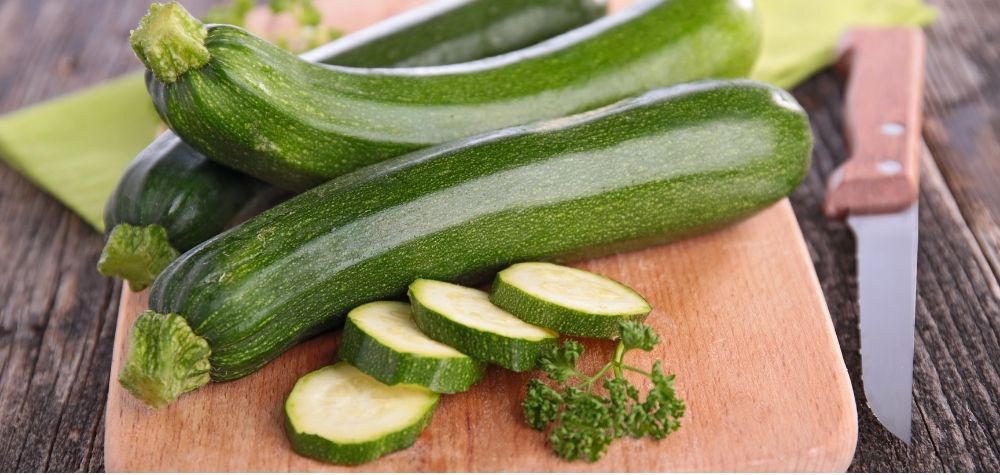
Well to start with, this is a great and healthy way to provide variety in your picky eater’s meals. Vegetables will add a burst of flavor while also adding extra healthy minerals, vitamins, and fiber into their meals.
Adding vegetables is also a healthier way to increase their food intake without increasing the amount of unnecessary or empty calories. This will ensure that your cat’s belly is full, and you don’t risk weight gain which can lead to problems such as obesity, heart problems, and diabetes. Certain vegetables also aid in solving your cat’s gastrointestinal problems as well.
However, before you begin feeding your feline vegetables, you need to understand that different vegetables are given to cats in different forms. Some vegetables are safe to be given raw, while others need to be cooked, otherwise, they will be indigestible.
So, as long as you offer your cat a small portion of correctly prepared veggies, not only will they prove to be harmless but will also work as a healthy treat that will supplement their protein-rich diet with other healthy matter.
Now that your first we’ve answered your first question in detail let’s move on to your second question’s answer. Yes, Zucchini is perfectly safe for cats to eat. Let’s take a closer look at this vegetable.
Zucchini and humans:
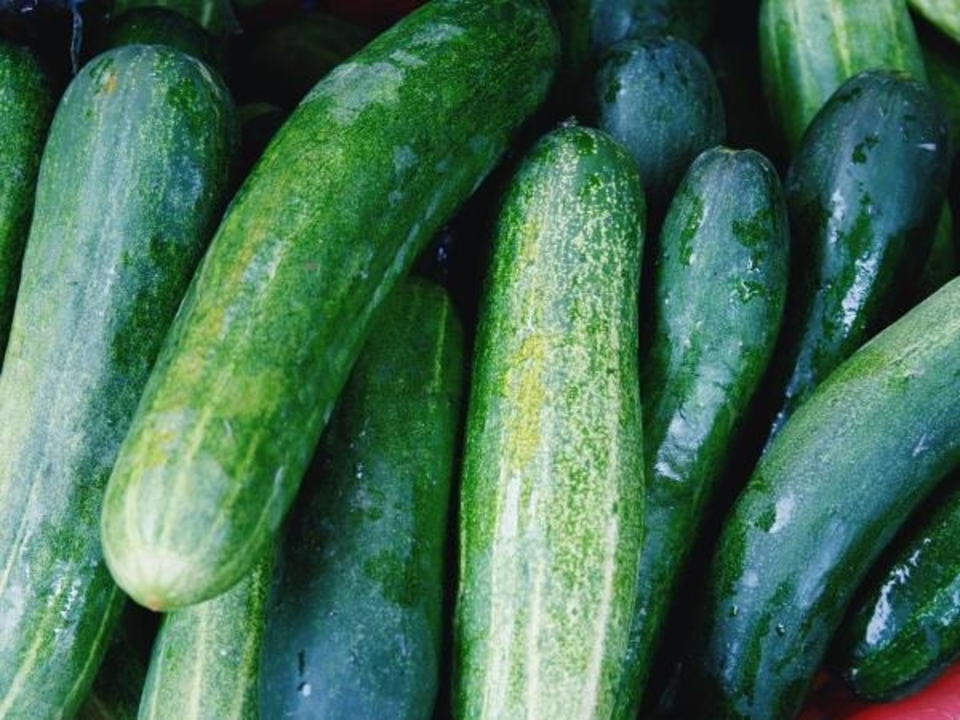
Zucchini is a popular vegetable that is eaten in several different ways. Some prefer eating the vegetable raw in their salads while others prefer it cooked. Either way, it is rich in health benefits. These include:
- Zucchini is rich in several minerals and vitamins and more specifically in vitamin A which is important for strengthening our immune system as well as our eyesight.
- This vegetable is also rich in antioxidants which are needed for healthier skin, eyes, and a healthier heart. Antioxidants also help fight off certain kinds of cancer.
- Zucchini has high water content as well as fiber content which is a great aid for our digestion and helps prevent gut disorders such as irritable bowel syndrome.
- Zucchini is also known to stabilize blood sugar levels and prevent type II diabetes in particular.
Now that we have established that zucchini is a great healthy food for humans, what does that mean for our cats?
Can Cats Eat Zucchini?
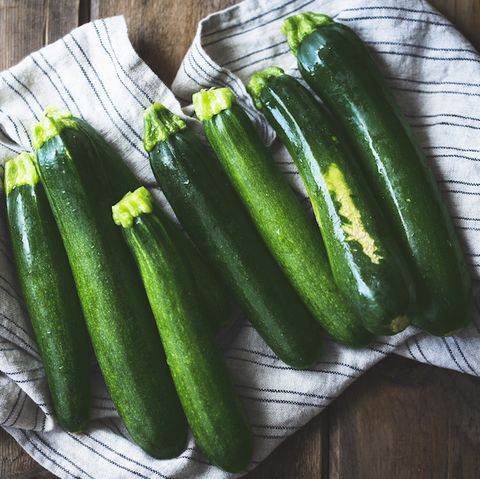
As per the extensive research done by the ASPCA, zucchini is not harmful to cats (or for dogs for that matter) and thus is safe to be included in their meals. Zucchini has a long list of health benefits for our felines.
To start with, if your cat is obese then zucchini is a great option to include in their meals. Zucchini will be incredibly filling and is also low in calories and thus is a useful weight-loss food even.
Zucchini is an essential ingredient present in a lot of commercial cat food. It includes a wide variety of vitamins that are important for our feline’s health. Vitamin A present in this vegetable is essential for a healthy fur coat, skin, muscle strength, and for their nerves. Vitamin C is needed to boost their immunity and help fight off diseases such as upper respiratory diseases. Zucchini is also a great source of calcium and iron.
How to offer zucchini to cats:
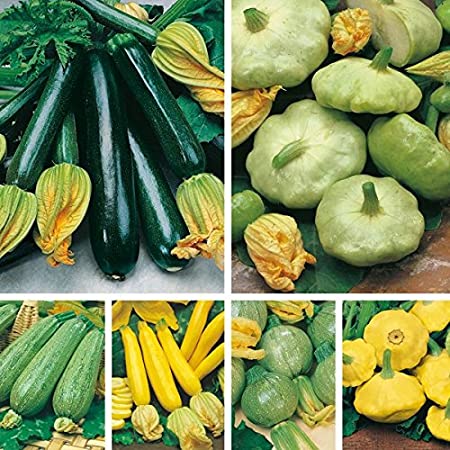
If you choose to include zucchini in your cats’ diet you will find that they will prefer the squash as opposed to the leaves or other parts of the plant.
The best way to include zucchini in your cat’s diet is to give it to them to cook. Cut the zucchini into small pieces to avoid them becoming a choking hazard. Cook or steam the zucchini but avoid adding seasonings such as salt or pepper and simply mix it with the other food you give them. You can also make extra and freeze it and the next time you want to offer it to your cat you can defrost it.
Another factor to keep in mind while offering your cat zucchini or any vegetable for that matter is that vegetables are often contaminated with pesticides, herbicides, and fertilizers and so you need to take precautions when giving them to your pet. Make sure you thoroughly clean them from the outside, however, a lot of pet owners feel that this is not enough. Some prefer to buy organic vegetables for their pets, although this is slightly more expensive. Others plant the vegetables in their garden and offer them fresh to their pets.
My cat won’t eat zucchini:
While zucchinis are rich in all the health benefits that we would love for our cats to avail, we mustn’t force-feed them to our cats. Remember, zucchini is a supplement to their diet. They get all their necessary nutrition from the protein from meat and that is enough for them to live a long healthy life. All other sources of nutrition are a bonus and so your cat won’t be missing out on anything if they don’t eat it. It comes down to whether your cat likes the taste or not.
Make sure to monitor your cat’s reaction to zucchini. If after eating this vegetable, they seem to be acting out of character such as showing signs of lethargy, or if they have loose stool, stop including it in their meals. If the symptoms persist for more than 24 hours, make sure to consult your vet.
Other safe vegetables to offer:
- Carrots are a great source of a variety of minerals and vitamins that will keep your cat healthy. However, cats should be fed cooked carrots otherwise they won’t be able to digest them.
- Peas are a great source of carbohydrates for your feline.
- Leafy greens aren’t a great source of nutrition for your cat. They aren’t harmful, they just don’t provide any nutritional value. Instead, offer your cat steamed broccoli as an alternative. This vegetable is rich in antioxidants.
- Winter squash is a great option that is tasty and also helps regulate your cat’s bowel movements.
Conclusion:
The saying holds, vegetables are an important part of our meals and even extends to our felines. Cats can eat and digest vegetables and also reap health benefits from doing so. However, these greens are not a staple part of their diet and should only be fed occasionally. At best, healthy vegetables such as zucchini count as an occasional treat. Make sure to follow the feeding instructions and if there is anything that you are unsure of, do not hesitate to reach out to your vet. It is always better to be safe rather than sorry, especially where your pet is concerned.
